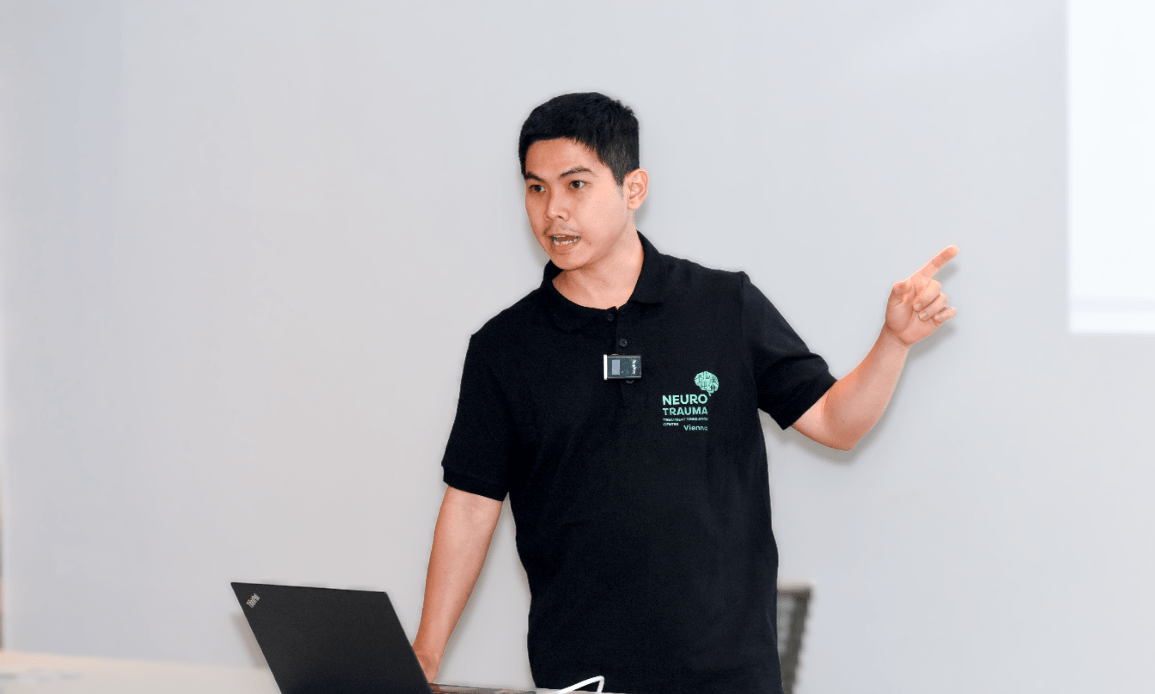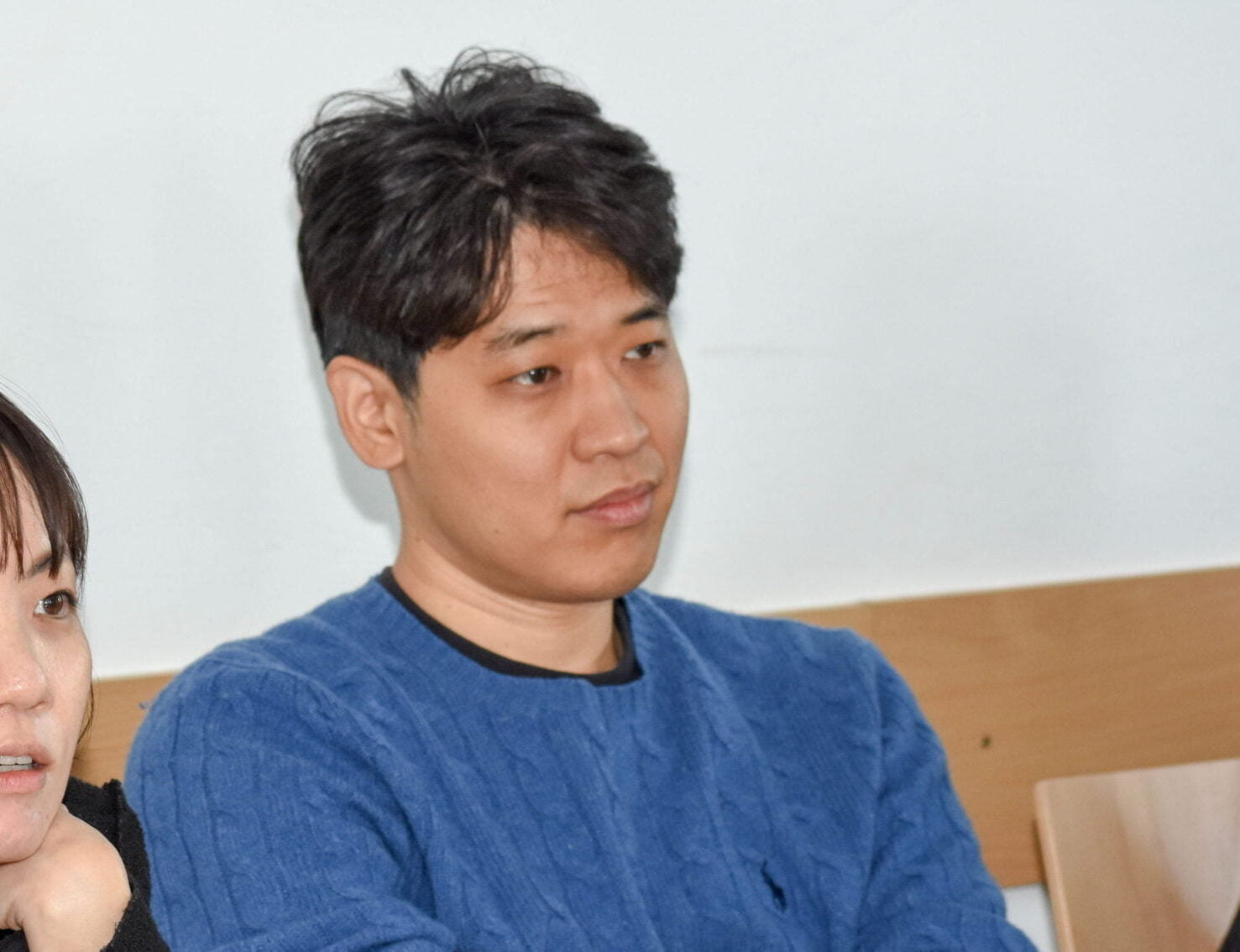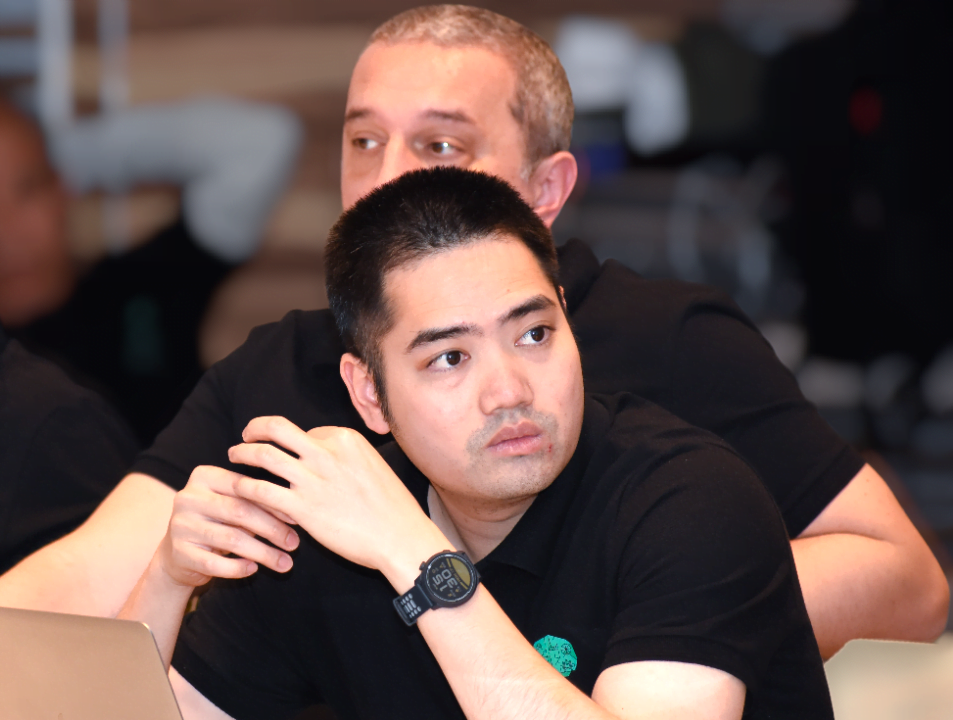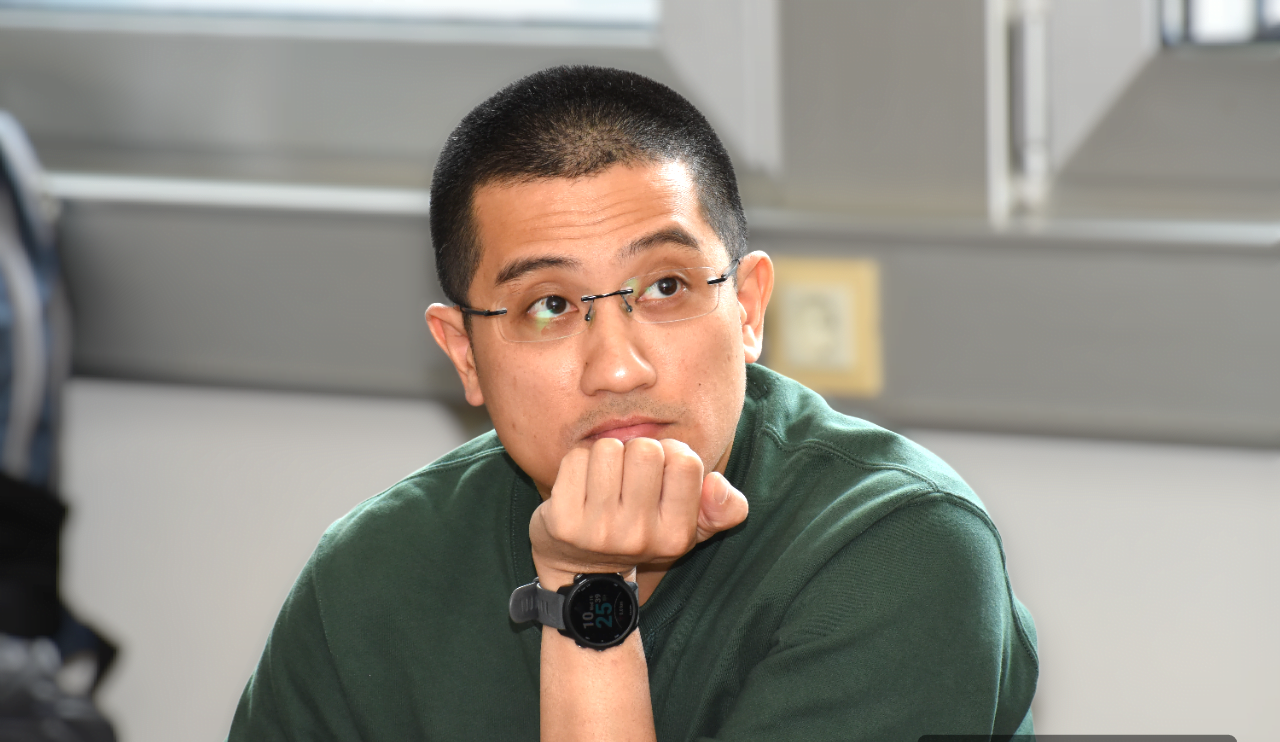The Neurotrauma Treatment Simulation Center (NTSC) 2023 represented a chance for worldwide participants to delve into the intricacies of multidisciplinary neurotraumatology through a 5-day intensive hands-on experience in Vienna, Austria. The NTSC experience aims to bring together specialists of multiple backgrounds dedicated to shifting the treatment paradigm – from short-term focus to long-term follow-up.
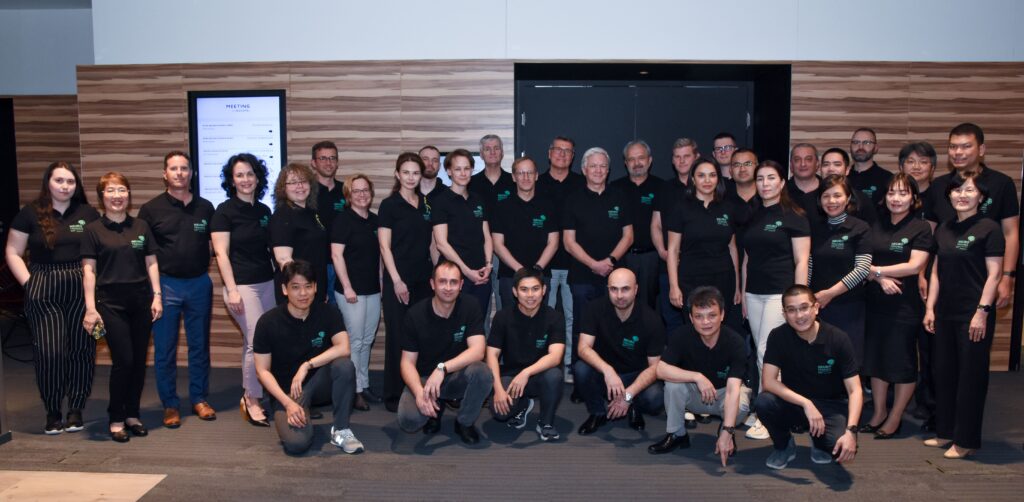
The following series entitled “the NTSC 2023 Experience” brings to light the stories and opinions of the participants who attended this year’s edition, to offer insight and perspective on the program as well as on the needs in neurotrauma research and care.
Interview with Dang Le Phuong, Neurosurgeon, University Medical Center HCMC, Vietnam
1. What is your background and focus in your practice?
I am a neurosurgeon and neuro-intensivist [with a] focus on neuro-critical patients.
2. What are the main challenges in the treatment and prevention of neurotrauma in your country? What do you think needs to be changed?
Main challenges in prevention: riding [motorcycles] after drinking.
Main challenges in treatment: low-quality internal medicine and prehospital care. Neurosurgeons do not adhere to guidelines.
More education [is needed] on prehospital care, on internal medicine for neurosurgeons, and on the importance of guidelines.
3. What makes a ‘’best-practice’’ example from your institution in terms of neurotrauma management that might be replicated in other institutions or countries?
Multidisciplinary management from the emergency department to the rehabilitation department.
4. What are some gaps in neurotrauma research that should be addressed and prioritized?
Electronic [and] long-term follow-up data.
5. How familiar are you with the Academy of Multidisciplinary Neurotraumatology (AMN) and have you participated in any of the AMN Congresses?
Never before.
6. Is the management of neurotrauma enhanced by national guidelines in your country? Do you consider a more systematic approach necessary? How can AMN help in this respect?
Guidelines are really helpful but neurosurgeons sometimes do not adhere to guidelines.
7. The Academy of Multidisciplinary Neurotraumatology (AMN) is working on setting up the stage for a new guideline, in partnership with several affiliated societies. What do you consider priority topics to be addressed by these guidelines?
The topics include:
- What is the best timing for tracheostomy in TBI patients?
- When should TBI patients receive a percutaneous enterogastric tube?
- How should glucose be controlled in TBI patients?
- How should deep venous thrombosis (DVT) prophylaxis be administered to TBI patients?
- When should anticoagulation be initiated after TBI?
- How should biomarkers be used in TBI management?
- Can Evoked Potentials be used to predict disabilities?
- Should lobectomy be offered to refractory increased ICP?
We kindly invite you to browse our Interview category: https://brain-amn.org/category/interviews/.
For sure you will find a cluster of informative discussions with different specialists in the field of neurotrauma.
